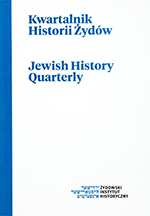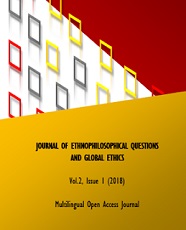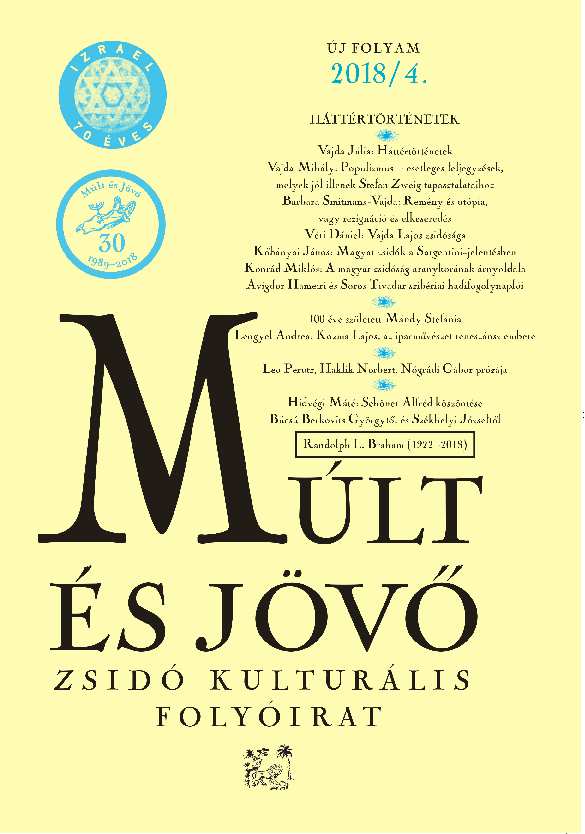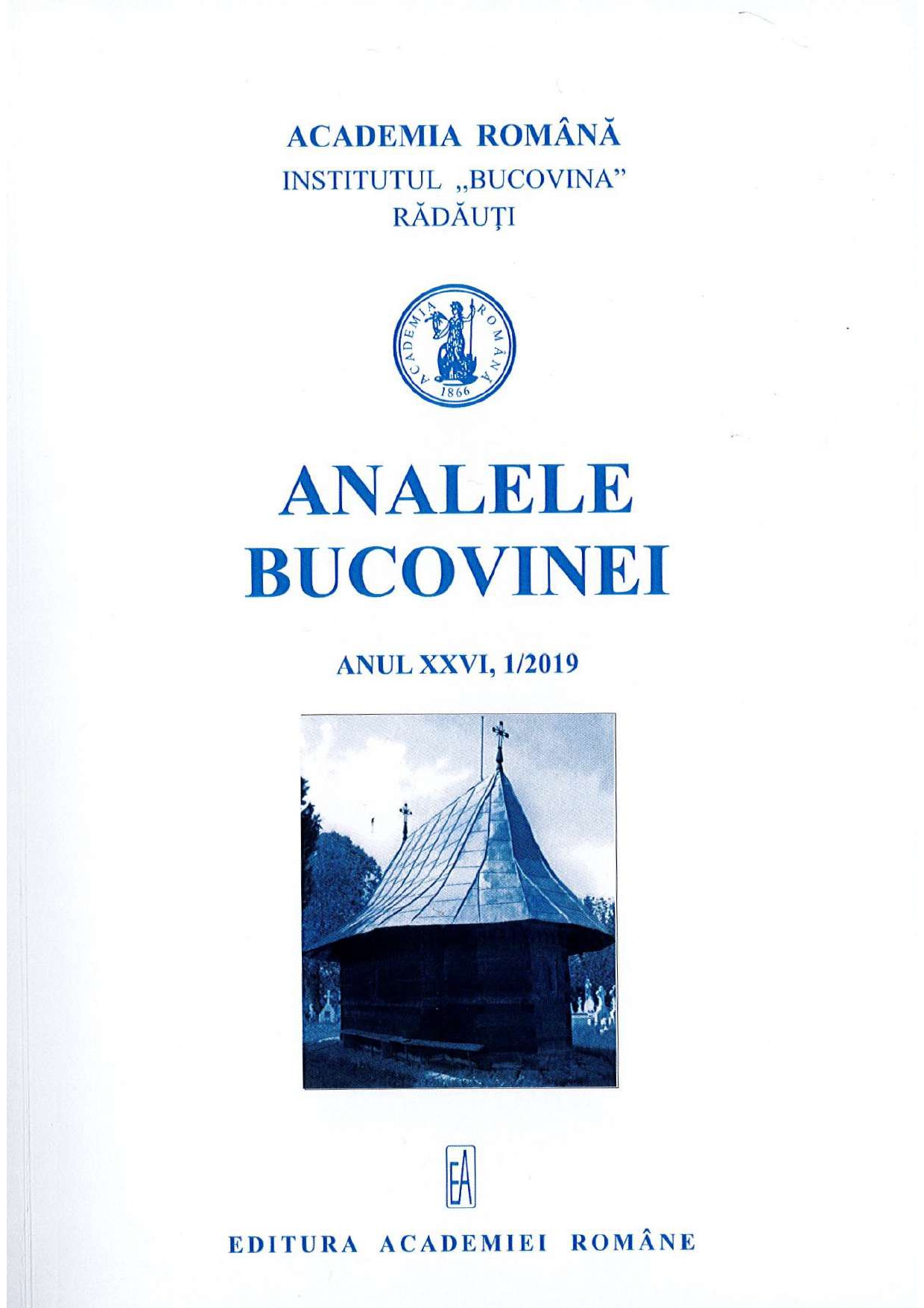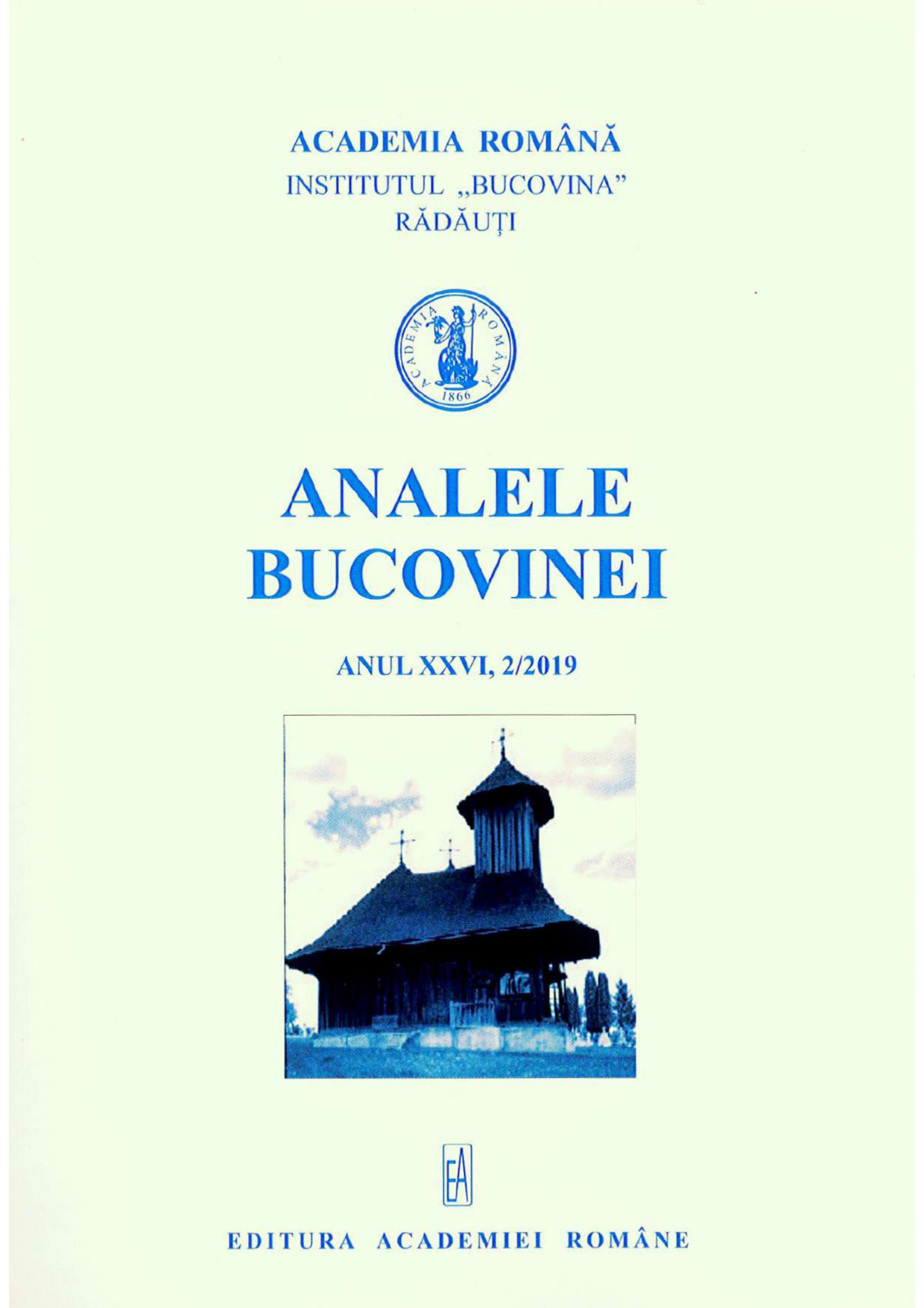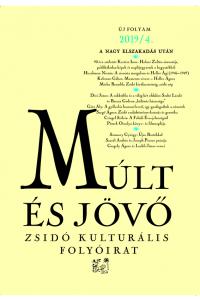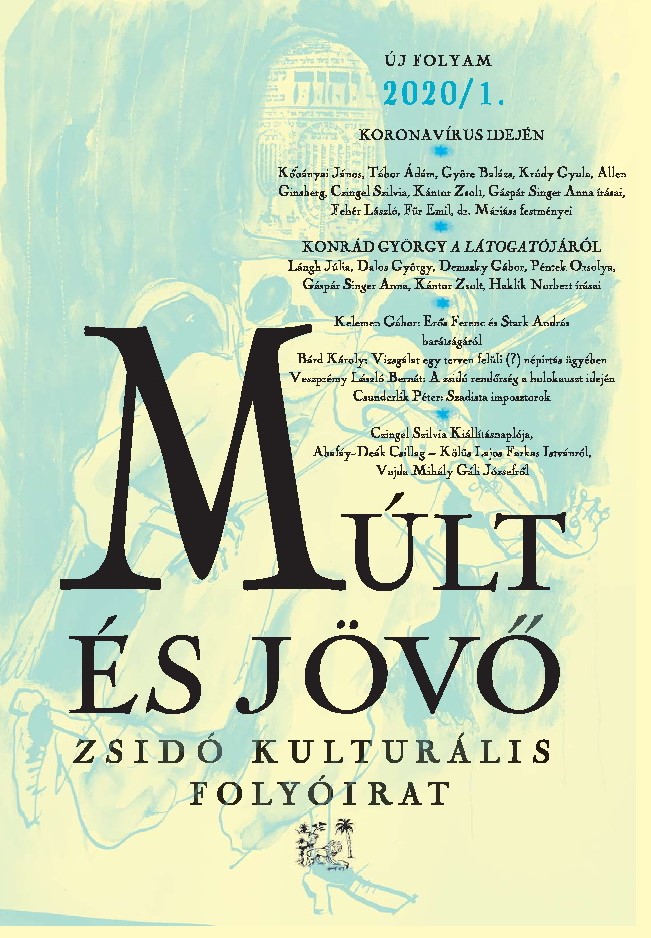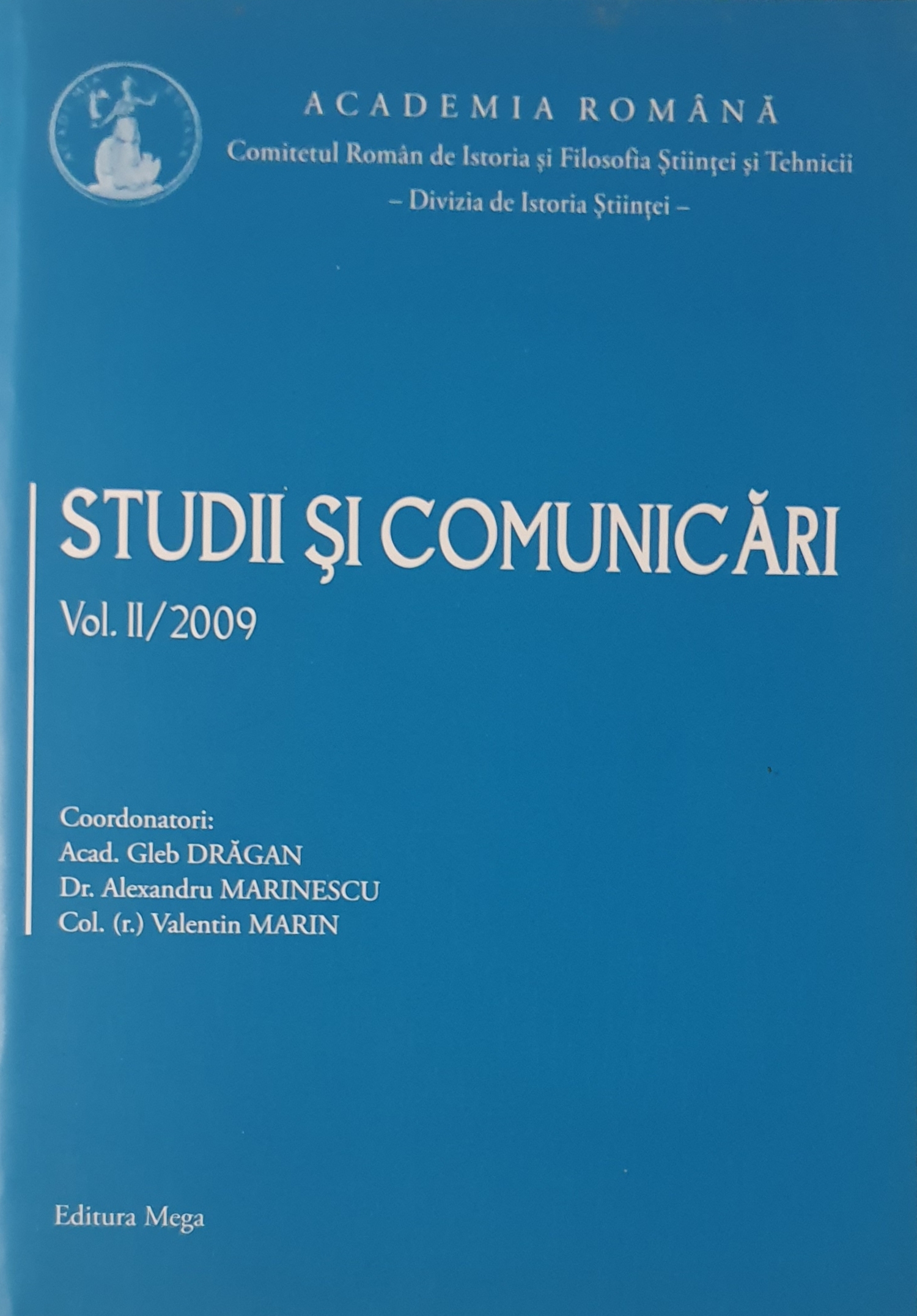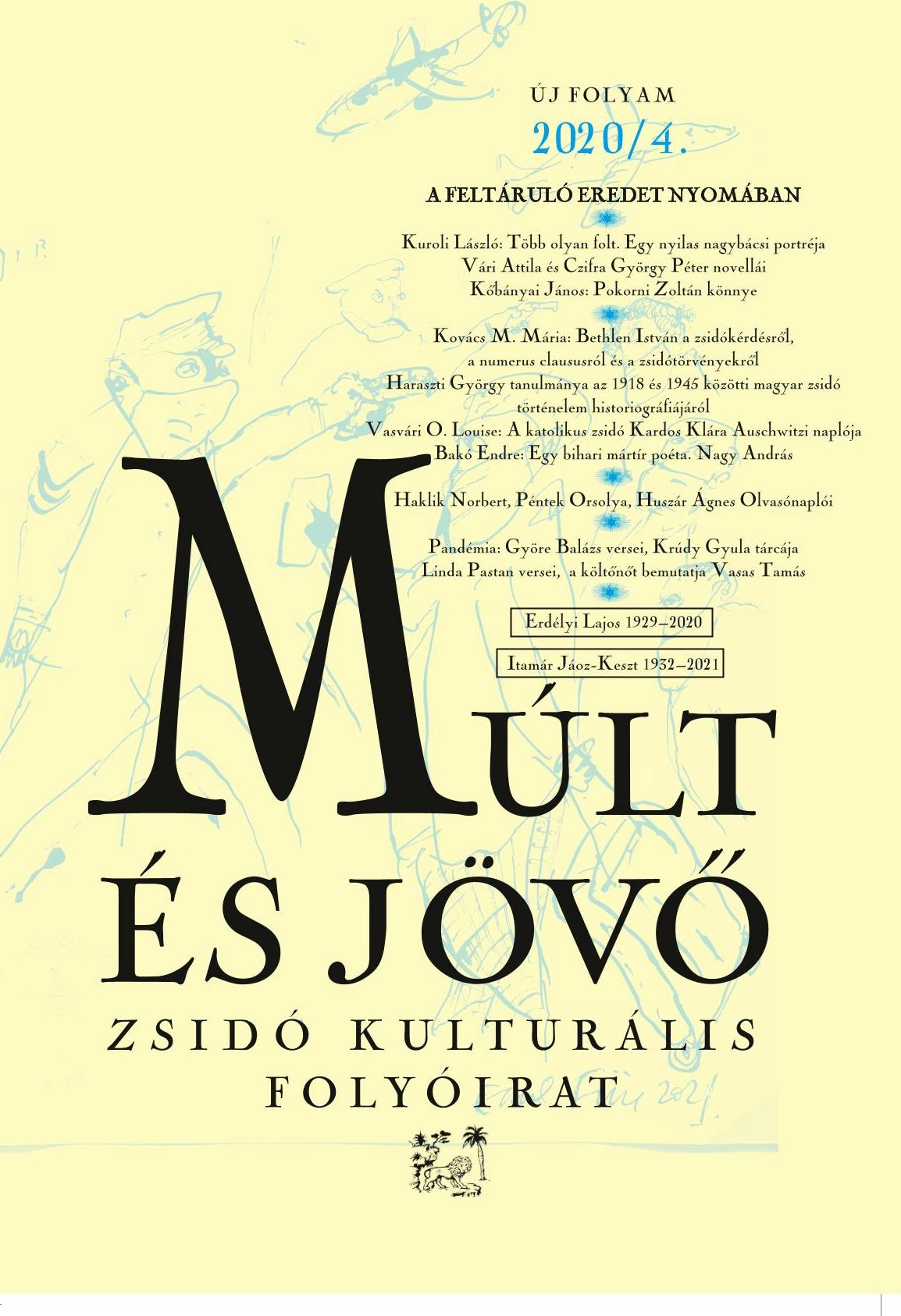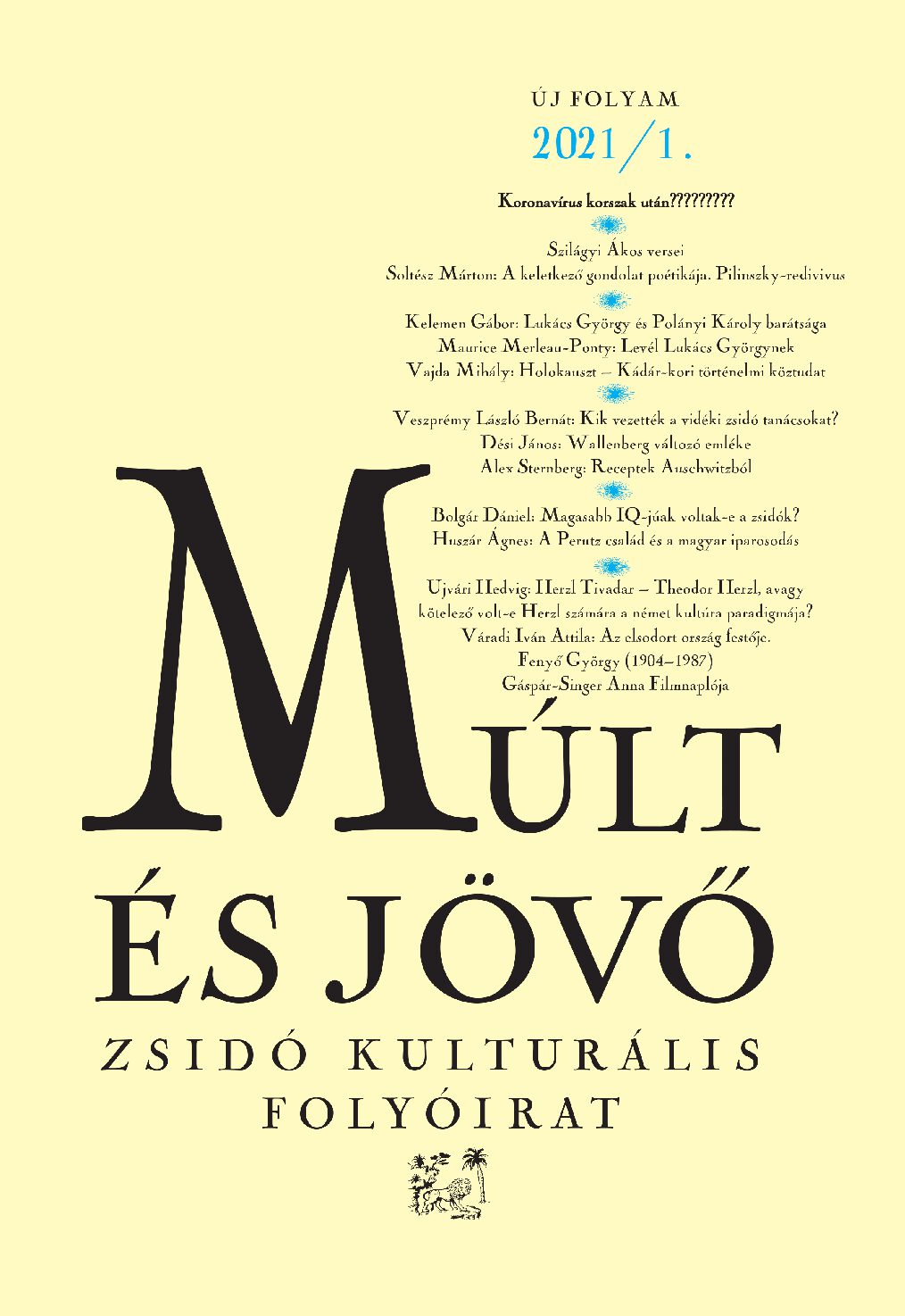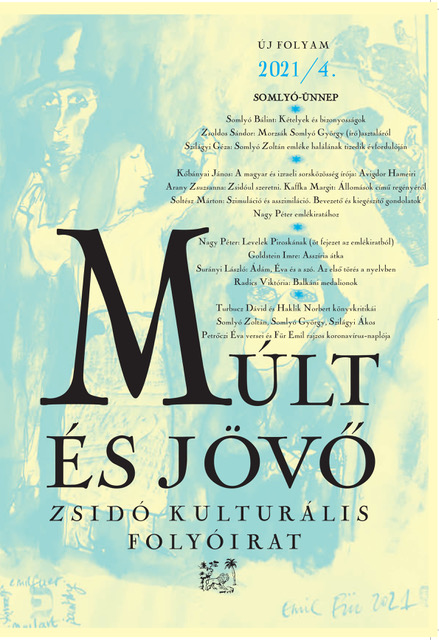Author(s): Ștefănița-Mihaela Ungureanu / Language(s): Romanian
Issue: 2/2019
The following article is about the life and activity of Josef Burg (May 30, 1912 – August 10, 2009), a Jewish Yiddish writer, author, publisher and journalist. He was born on May 30, 1912, in Vyzhnytsia, in Bukovina, a former province of Austria–Hungary. In 1924, his family moved to Chernivtsi, where he attended the traditional Jewish primary school. Then he went to study German language and literature in Vienna, until 1938. The ascension of the national-socialist movement and the anti-Semitic actions that began in Vienna at that time forced him to interrupt his studies. He tried to flee to England, but he was refused the transit visa. After he returned to Chernivtsi, the Romanian authorities denied him his Romanian citizenship, so he took refuge in the Soviet Union. Burg survived the Holocaust during World War II, but lost his entire family. He took refuge in the Soviet Union, where he worked mainly as a German teacher. He returned to Chernivtsi in 1958 and it was only after 1980 that he was allowed to publish his works. He wrote in Yiddish, but he was translated in many other languages. His works have an autobiographical character, focusing on childhood, his native town, the simple Jewish people, as well as on war, refuge, persecution and Holocaust. In 1990, Burg revived the Chernovitser Bleter newspaper, where he published his first important story (1934) and which was banned before the beginning of the Second World War. He died on August 10, 2009, in Chernivtsi, Ukraine, at the age of 97. Josef Burg was awarded the Segal Prize (Israel, 1992) for Yiddish writings, the Gold Medal of Honour for Services to the Republic of Austria (2002), the Austrian Cross of Honour for Science and Art, 1st class (2007) and the Theodor Kramer Prize (Austria, 2009). He received the titles of „Honoured Worker of Culture of Ukraine” (1993) and „Honorary Citizen of Chernivtsi” (1997).
More...


